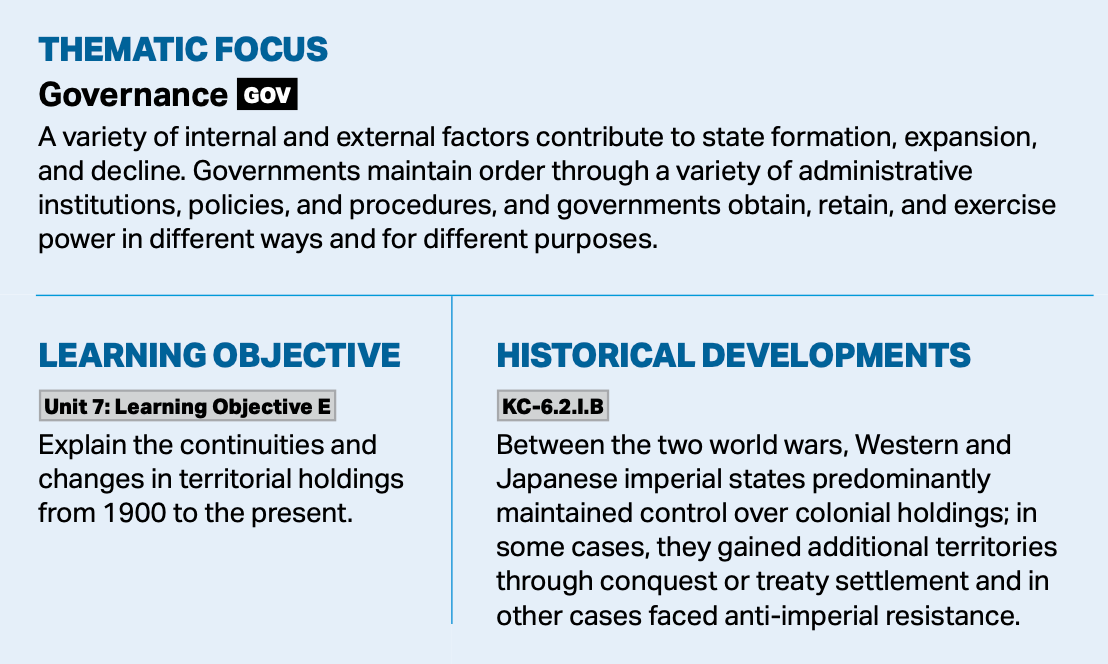“Complete and Immediate Independence for the Vietnamese People”: Vietnamese Anticolonialism in the 1920s and 1930s
An example of Vietnamese anticolonialism against French rule from 1926


The Source
During the 1920s and 1930s, colonized peoples in Africa, Asia, and the Pacific challenged imperial rule. There were many large-scale uprisings, such as the Great Syrian Revolt against French rule in 1925. While these sorts of uprisings get Wikipedia articles, they were less common than the small-scale resistance that occurred regularly across the colonized world. One good example of the subtle ways that colonized peoples resisted is the 1926 “Appeal to the League of Nations for the Right of Self-Determination of the Vietnamese People” by Phuc Viet (Vietnam Party for National Independence) and Vietnam Hon (Soul of Vietnam). This document was published in newspapers in France and Vietnam and circulated despite French suppression.
This Content is for Subscribers on the Buy Me Lunch and Buy Me Dinner tiers
SubscribeAlready have an account? Log in



